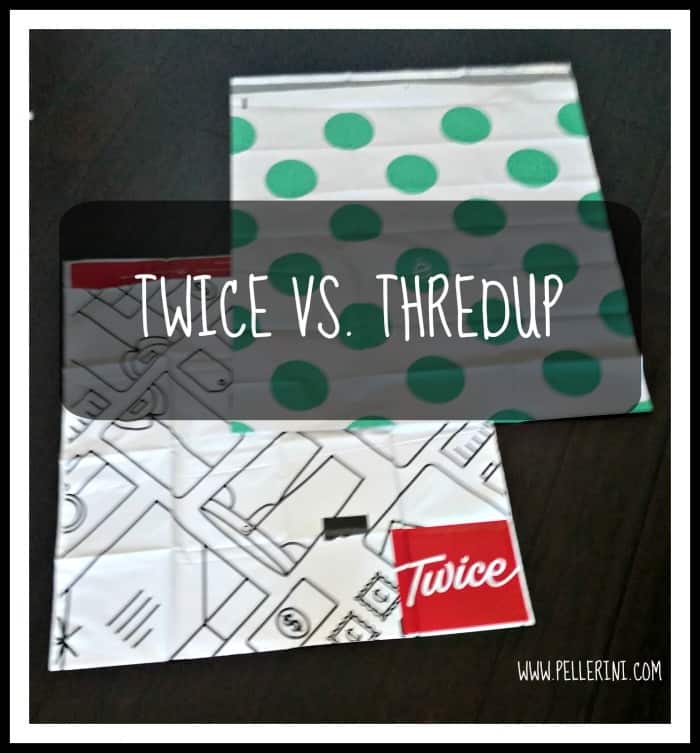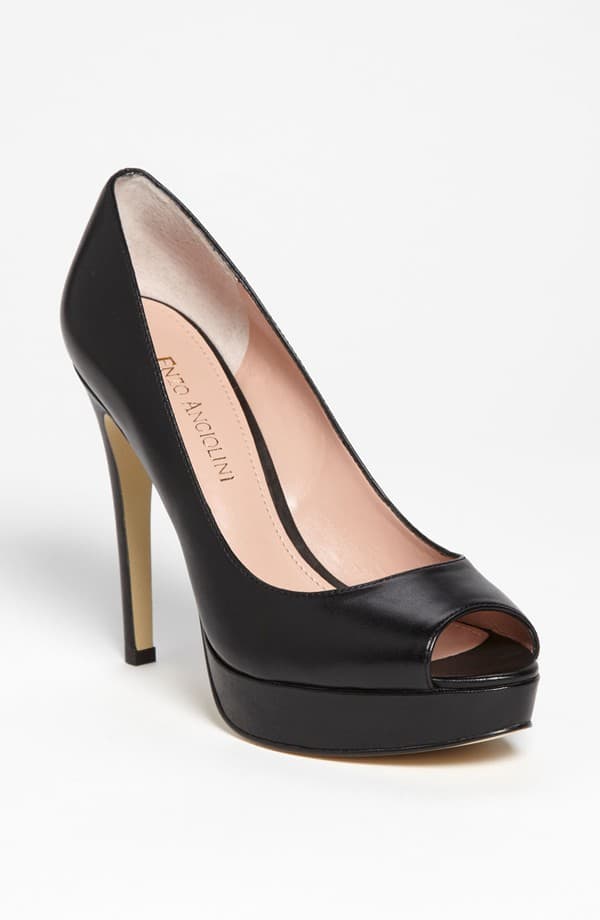How To Support Your Active Lifestyle


Everyone knows the importance of staying active and healthy; however, not everyone knows the best way to do so. There isn’t just one way to achieve a healthier lifestyle; it requires consistent changes and dedication to eating right, exercising correctly, and paying attention to what your body needs.
Once you develop your active lifestyle, you need to be able to support your body to help meet the demands you are putting on it and to avoid damage and injury through poor health, nutrition, and incorrect support for your body while pursuing activities.
This post looks at how you can support your body to help you stay active, fit, and healthy.
Sleep
Sleep is super important, especially if you have an active lifestyle. Your body needs good quality sleep each and every night to help it process the day’s events and repair and restore itself inside and out. The reality is that if you don’t get enough sleep, this will impact your mental and physical health and derail your efforts so far.
If you struggle to get good quality or enough sleep, it can be worth looking at resetting your circadian rhythm: the body’s natural process regulates the sleep-wake cycle and repeats every 24 hours. Disrupting this can be detrimental to your sleeping pattern and overall health. To help get back on track, you need to go to bed at the same time each night and wake up at the same time each morning. To do this, you need to look at your body’s sleep cycles too. You need roughly 4-6 sleep cycles per night, each ranging from 90 to 110 minutes long, consisting of REM and non-REM sleep. To find your perfect sleep times, simply time your cycles and adjust until you find the right rhythm. This can take some practice and a few weeks to get right but start by going to bed at 10 pm, for example. 4 cycles mean you need 6 hours of sleep (4×90) minimum. For 6 cycles, you need 9 hours of sleep. Start with this and take it from there until you find what works for you.
Diet and Supplements
You are what you eat, as they say, and this is never truer than when you are fuelling your body to allow you to keep up with your active lifestyle.
For starters, you must eat plenty of fruit and veg and as balanced a diet as possible. For more active lifestyles, you should be increasing your protein intake considerably. Protein gives your body amino acids, which help to build and repair muscle. You can add protein shakes, increase your lean white meat such as chicken, and consume more egg whites, greek yogurt, and some seafoods.
You also need to include plenty of carbohydrates in your diet, choosing whole grains over processed carbs and consuming nutrient-dense foods such as spinach, kale, leafy greens, salmon, or blueberries, to name a few. If you have allergies or feel your diet could do with support, you can take Active Lifestyle supplements to support your body the way it needs.
Stay Hydrated
The general rule for proper hydration is drinking at least 8 cups of water daily. However, while water is the ultimate in hydration, your body gets fluids and water, especially from your diet and other drinks you consume, and while not all drinks are healthy for you, they do count towards proper hydration.
Being adequately hydrated can reduce the risk of infection, keep your joints lubricated, regulate your temperature, and improve cognition, mental health, and sleep. However, you should avoid drinking all your water at once and spread out your daily allowance throughout the day, drinking little and often. Set reminders on your phone, or use water bottles with timings to encourage you to drink each hour.
Rest
While it might seem contradictory to rest when you need to be active, rest days are essential. If you are always on the go and not giving your body downtime, you will eventually reach burnout. So when supporting your active lifestyle, don’t forget to factor in rest days to allow your body to recover.
Now rest days don’t always mean you don’t do anything at all, although this is valid too. If you feel the need to be active, choose to partake in “active rest” this is doing gentler exercises than you usually would. So instead of hitting the gym, for example, do some yoga, go for a leisurely swim or a relaxing walk. But whatever you do, it needs to be calm and non-stressful to allow your body time to recuperate.
Conclusion
Leading an active lifestyle has many benefits; however, neglecting to look after your body and fuel it correctly will only lead to disaster. So remember, eat well, take rest days, and get some good quality sleep.






